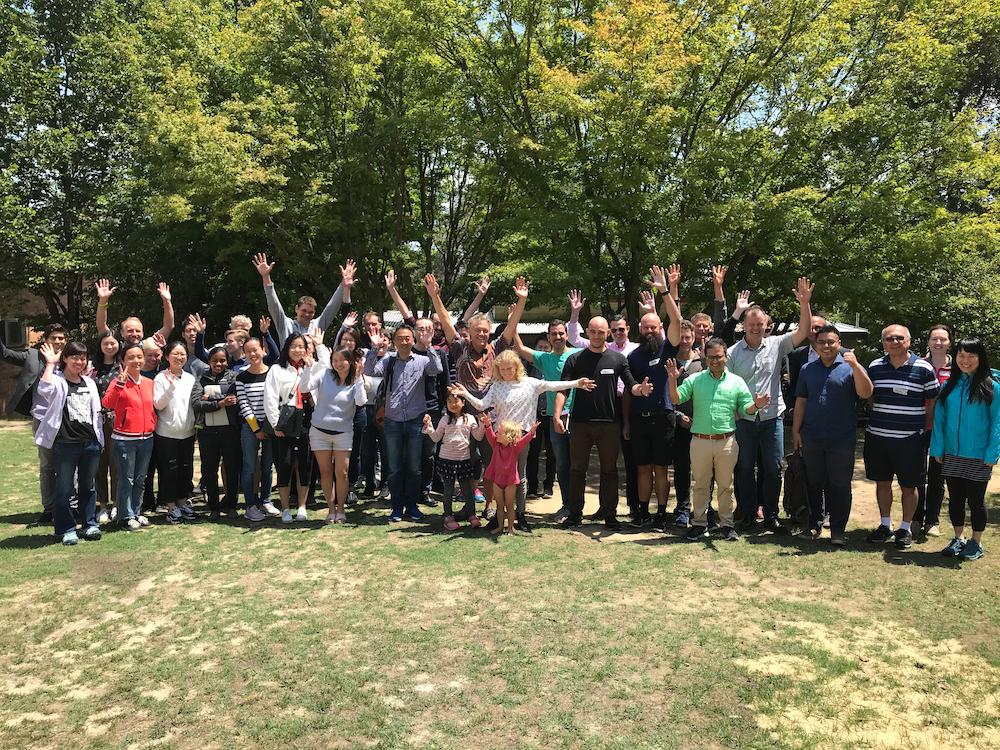The Australian Industrial Ecology Laboratory – towards an integrated research platform
Researchers from nine collaborating Australian institutions established ground-breaking electronic infrastructure to address the challenge of analysing complex supply chains. They created a virtual “Industrial Ecology Laboratory” supported by Australian government research cloud infrastructure that can unravel the complex environmental and economic interactions of modern Australia. This virtual laboratory dramatically enhanced Australia’s analytical capabilities in Life-Cycle Assessment (LCA), carbon footprinting, water footprinting, and other approaches to environmental impact assessment. It also improved our capacity for modelling the future effects of changes in economic and social policy.
The Industrial Ecology Laboratory (IELab) integrates a diverse set of data streams with a calculation engine that can rapidly react as new information becomes available, and this capability marked a new era in sustainability research. The Industrial Ecology Laboratory significantly boosted Australia’s ability to make strategic decisions that deliver a more environmentally, socially, and economically sustainable economy. A number of researchers were already using the IELab for their purposes in the early days, for example in studies on future biofuel industries for Australia , industrial symbiosis and material efficiency and on waste metal flows. The IELab has also collaborated with the Jolliet Lab at the School of Public Health of the University of Michigan, on modelling the environmental health effects of Australian consumption by combining an economic MRIO model with a multiscale fate and exposure model of pollution. For further details about the IELab, follow this link.
The idea for the IELab was conceived by Prof Manfred Lenzen, of ISA at the University of Sydney. The constituency of the original IELab was established at two meetings, one on Stradbroke Island, Qld, 25-30 April 2012 and one in Bundanoon, NSW, 18-20 February 2013. The IELab’s architecture and infrastructure will be developed throughout 2013 under the lead of Professor Manfred Lenzen. From 2014 onwards, the Lab was operated under the lead of Professor Tommy Wiedmann of the University of New South Wales. The Industrial Ecology Laboratory acknowledges funding from the NeCTAR project. NeCTAR is an Australian Government project conducted as part of the Super Science initiative and financed by the Education Investment Fund.
The founding project participants were (in alphabetical order)
- Dr Neal Anderson for ICT, at the University of Sydney;
- Prof John Boland for the University of South Australia, Adelaide;
- Dr Peter Daniels for Griffith University, Brisbane;
- Mr Jacob Fry for ISA, the University of Sydney;
- Dr Arne Geschke for ISA, the University of Sydney;
- Dr Steven Kenway for the University of Queensland, Brisbane;
- Mr Joe Lane for the University of Queensland, Brisbane;
- Dr Arunima Malik for ISA, at the University of Sydney;
- Dr Joy Murray for ISA, at the University of Sydney;
- Ms Lavinia Poruschi for Griffith University, Brisbane;
- Mr Christian Reynolds for the University of South Australia, Adelaide;
- Dr Julien Ugon for the University of Ballarat;
- Dr Dean Webb for the University of Ballarat;
- Dr Jim West for the CSIRO, Canberra;
- Intersect, Sydney, Australia;

